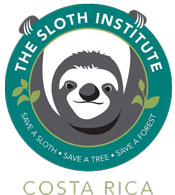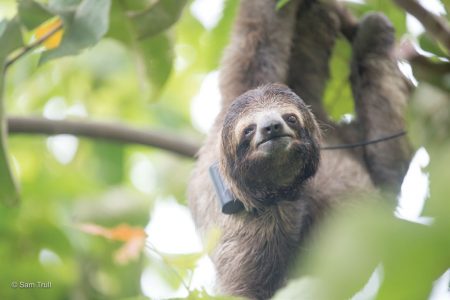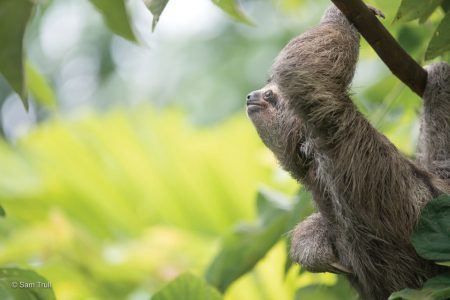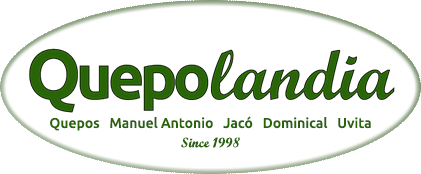The Sloth Institute in Costa Rica is leading the world in sloth research conservation
 The Sloth Institute (TSI), based in Manuel Antonio, is leading the rest of the world in efforts to research the behavioral ecology of wild, rehabilitating and released sloths after rehabilitating two three-fingered sloths called Destiny and Pocahontas—two of the few three-fingered sloths in Costa Rica to be successfully rehabilitated from a very young age and returned into the wild.
The Sloth Institute (TSI), based in Manuel Antonio, is leading the rest of the world in efforts to research the behavioral ecology of wild, rehabilitating and released sloths after rehabilitating two three-fingered sloths called Destiny and Pocahontas—two of the few three-fingered sloths in Costa Rica to be successfully rehabilitated from a very young age and returned into the wild.
TSI, which is a not-for-profit organization, aims to research captive, wild and recently released sloths, so that scientists and animal-lovers all over the world might better understand the internet’s favorite slowpokes, as well as ensuring the conservation of sloths and providing care for injured sloths so they can be released.

The two three-fingered sloths were both found on the ground in the jungle as very young and sick sloths and took many months of care, training and monitoring to get them to a proper size and skill level so that they could both be released back into the wild.
Destiny spent the first half of her rehabilitation journey with our rescue partner, Toucan Rescue Ranch. Their support and collaboration through our Saving Sloths Together program was instrumental in getting Destiny to the point of being able to be released.
While The Sloth Institute has successfully released many two-fingered sloths, three-fingered sloths are much more difficult to care for and most rescue centers around the country report a very low survival rate for three-fingered sloths (especially babies), making Destiny and Pocahontas’ journeys all the more special.

Sam Trull, Sloth Director and Co-Founder of TSI, said, “Three-fingered sloths are not known to survive in rehabilitation very well. I have been contacted by many other rescue centers in Latin America that have not been able to achieve this yet because it is so difficult, so we are really excited that we’ve been able to get two three-fingered sloths to the goal of release.”
Both sloths are fitted with special VHF tracking collars, so that the TSI team can continue to monitor and track their progress in the wild. “What we’ve been able to learn from tracking sloths in the wild has helped us with Destiny and Pocahontas, and it also means we can share what we have learned with other rescue centers across the world to ensure that more three-fingered sloths can survive and be released.”
The Sloth Institute hopes that it will be able to continue to rehabilitate and study many more sloths in the future. More information on Destiny and Pocahontas’ journey, along with the other sloths TSI is tracking and caring for, can be found at theslothinstitute.org.
